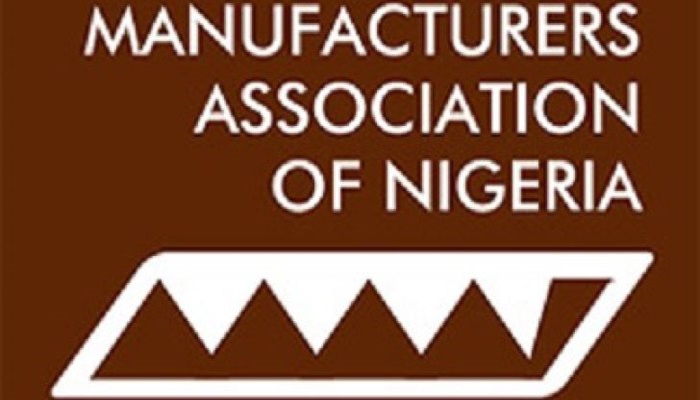
The Manufacturers Association of Nigeria (MAN) on Friday pegged the composite Manufacturers CEO’s Confidence Index (MCCI) for the third quarter of 2019 at 51.7 per cent.
The percentage was given in a statistics report made available to newsmen in Lagos.
According to the report, the value presents a marginal increase of 0.8 index point over 50.9 index points as recorded in the second quarter of the year.
It also indicates some level of improvement in the nation’s ports operations following some ongoing government reforms.
Notwithstanding, the CEOs said that poor access, heavy traffic and undue congestion at the ports still prevalent were recorded.
Additionally, local sourcing of raw materials gained traction due to the backward integration policy and import substitution strategies of the government.
The CEOs urged government to sustain the implementation of the backward integration policy by properly funding relevant institutions, initiating policies that would prioritise development of local raw materials in commercial quantities.
“The slight increase is a welcome development as it depicts upstick in the performance of the manufacturing sector and shows that manufacturers confidence in the economy improved in the third quarter.
“Nevertheless, the slight improvement in performance was attributed to doggedness of manufacturers as the operating environment remains very challenging,” the report reads in part.
It also states that the indexes of the current business conditions dropped to 41.5 per cent from 43 per cent recorded in the second quarter.
In addition, current employment conditions which stood at 35 per cent in the second quarter also improved to 42.3 per cent in the third quarter, while production expectations for the next three months increased marginally from 64 per cent to 66.4 per cent.
The CEOs, in the report, however, urged the government to make conscious efforts at addressing the challenges currently rocking the manufacturing sector.
They identified and ranked poor electricity and gas supplies first; multiple taxation and frivolous demands by government agencies second; high interest rates and difficulty accessing loans, poor accessibility to ports and high demurages ranked third; and poor economic infrastructure fourth.
Difficulty in sourcing forex, low patronage, counterfeiting and inflation, high cost of spare parts, high government bureaucracy, lack of skilled labour, insecurity, high cost of production, poor environmental management systems ranked fifth to twelfth respectively.
The CEOs recommended urgent resolution of the Nigeria-Benin border disputes, resuscitation of domestic refining to conserve forex for industry needs, and proper implementation, monitoring of government laws, regulations and Executive orders.
They also callee for deliberate channeling of economic infrastructure to strategic economic hubs across the nation.
The CEOs urged government to address the observed port-related challenges, dilapidated infrastructure, inadequate space, weak trade facilitation infrastructure, poor road network and the associated gridlock to enhance competitiveness.
The News Agency of Nigeria (NAN) reports that the MCCI was created to gauge the pulse of the economy on a quarterly basis.
The data presented in the report was generated from the responses of over 200 CEOs of MAN member-companies across the country focusing on their positions on macroeconomic and business operating environments as well as perception on the earlier mentioned diffusion factors.
The MCCI report took into account manufacturers’ perception on a set of diffusion factors including current business condition and business condition for the next three months.
Additionally, the current employment condition, rate of employment, employment condition for the next three months and production level for the next three months were also measured.
It also considered the general macroeconomic condition inclusive of foreign exchange, business operating environment, lending rate, credit to the manufacturing sector and capital expenditure of the government in the analysis. (NAN)






